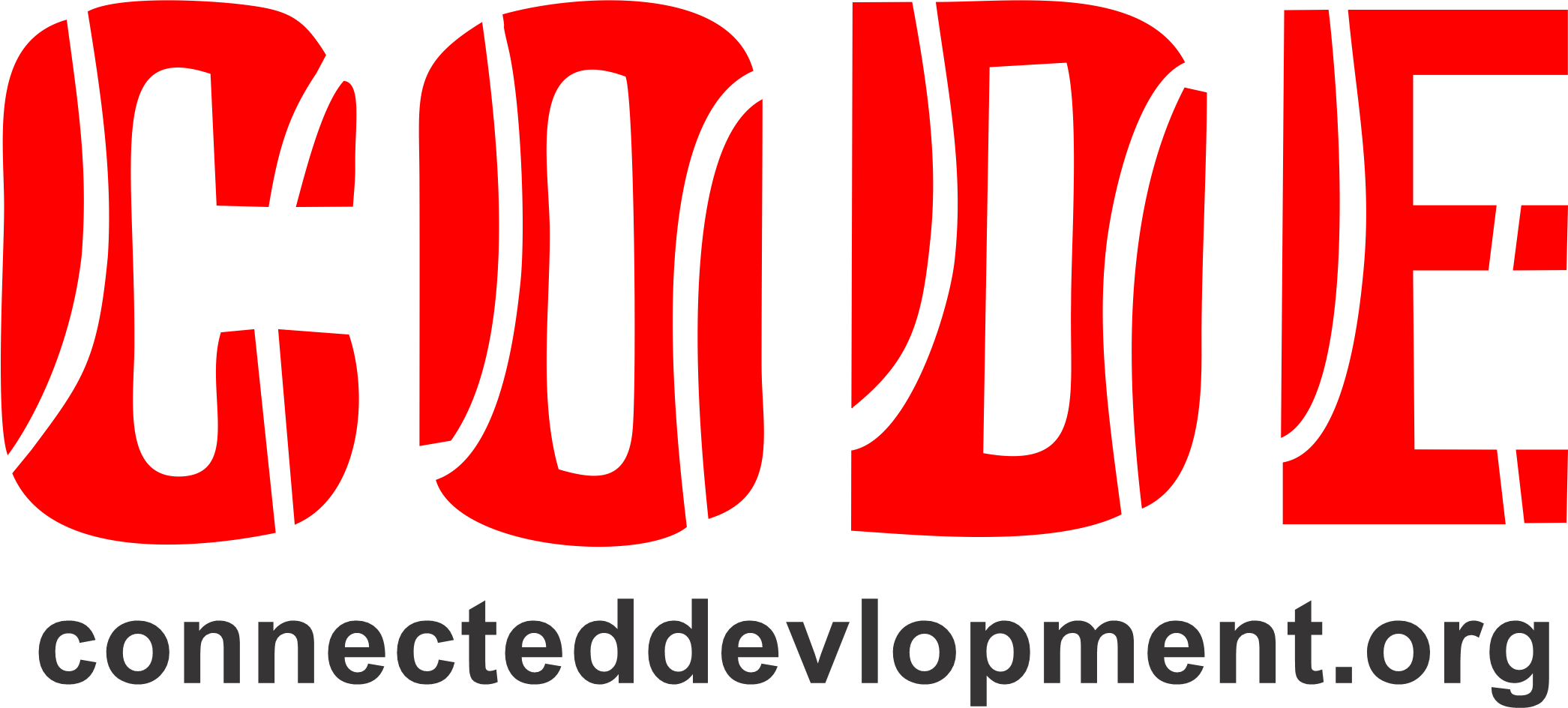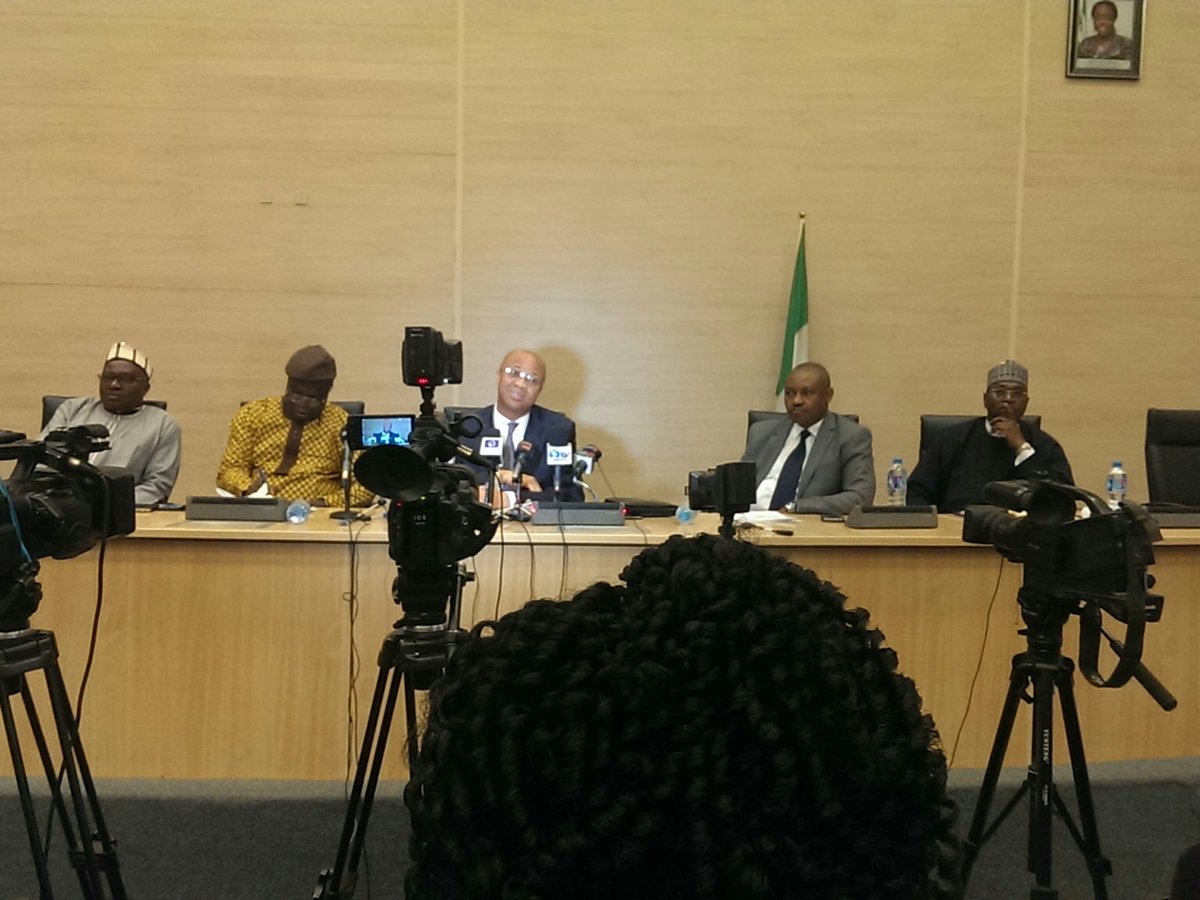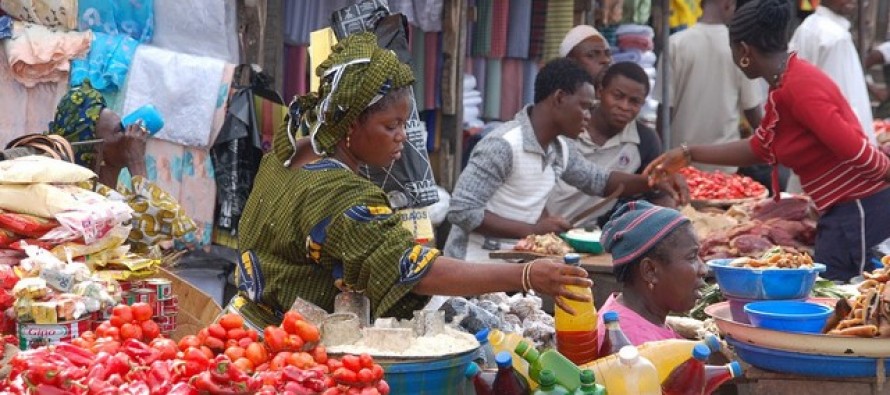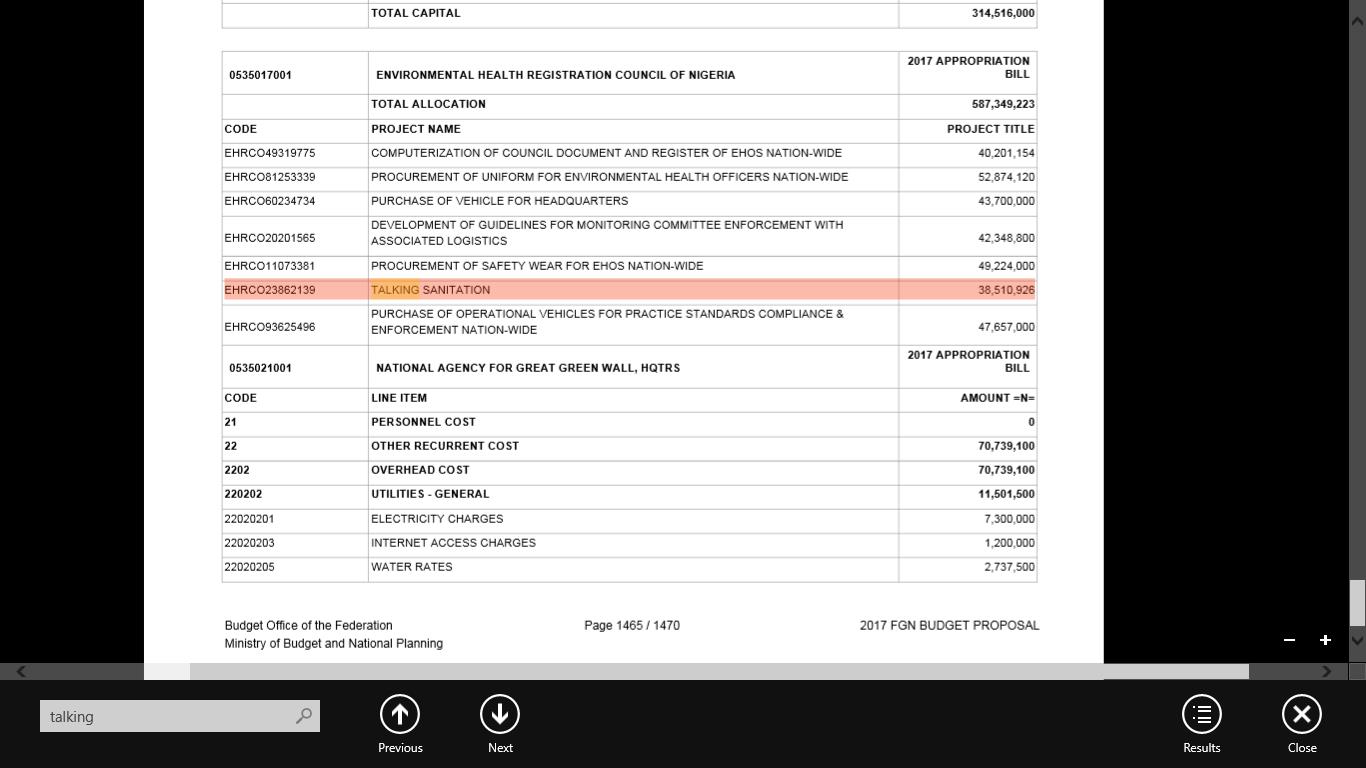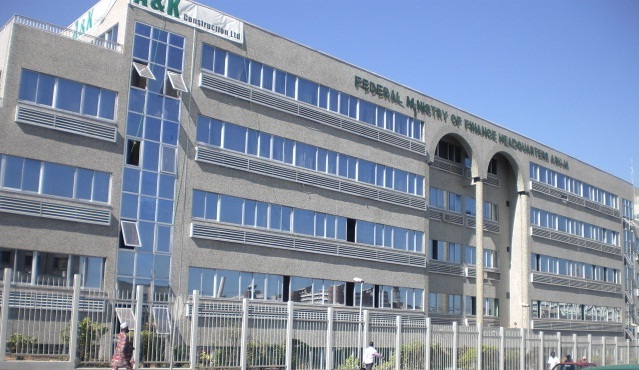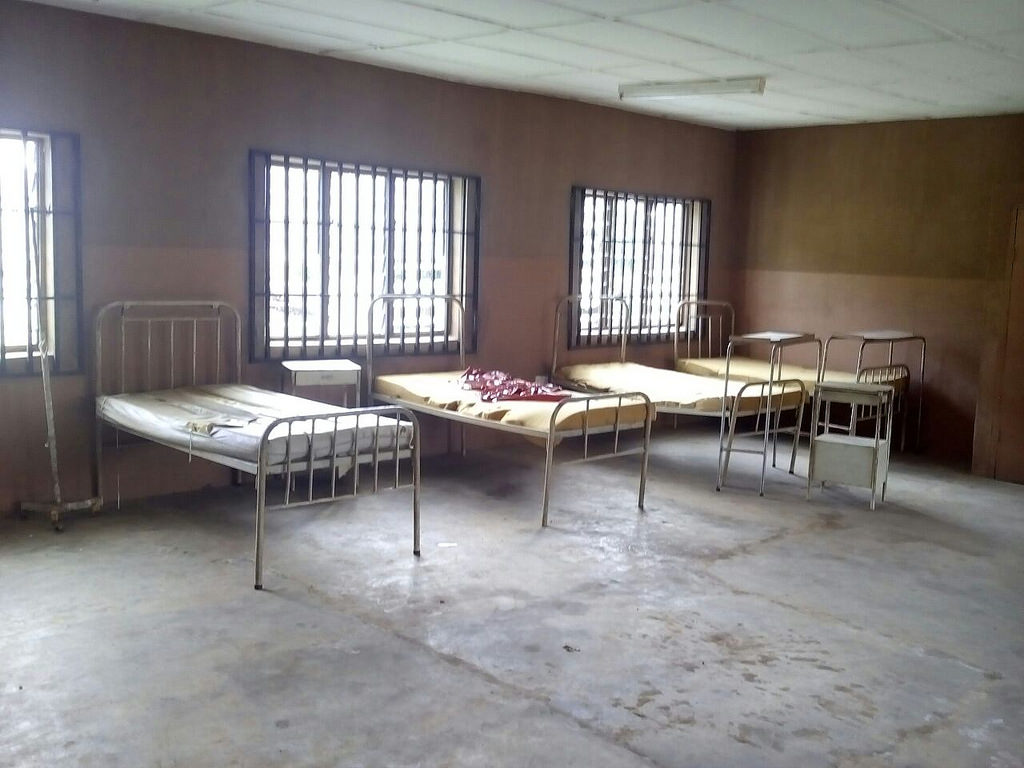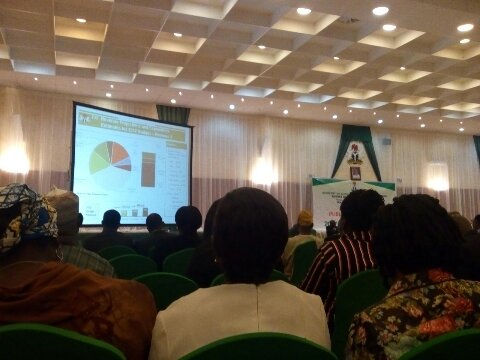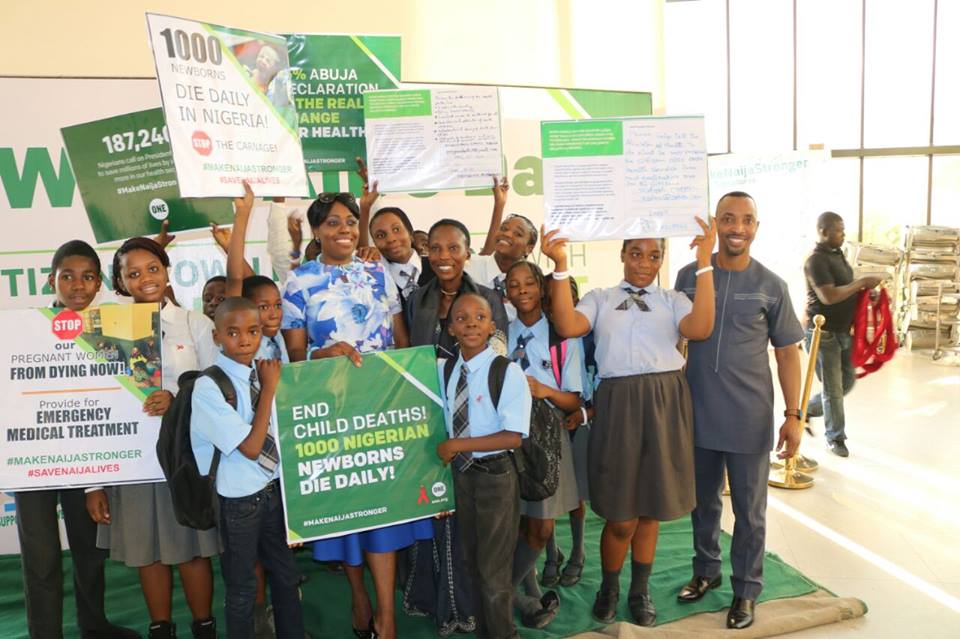POLICY PROCESSES AND ECONOMIC DEVELOPMENT IN AFRICA
A policy is a guideline that governments employ to address specific public or national issues. Several issues concerning economic growth and development are addressed through governmental employment of policies. Issues such as inequality, inflation, budget-deficit, monetary and fiscal instabilities, economic diversification, unemployment, poverty, human capital deficit, boosting manufacturing, rural development, attracting foreign direct investment and many more. This makes policymaking processes as well as implementation exceedingly imperative. Political leaders have over time, used policies to transform their countries and address societal challenges and complaints. Policies are always a response or reaction to several developments and mostly followed by institutional mechanisms for implementation.
For example, Oportunidades [(English: Opportunities) (now rebranded as Prospera)], a welfare program, was created by the Mexican government in 2002, to eradicate poverty through providing cash payments to families in exchange for regular school attendance, health clinic visits and nutritional support. Through this policy, Mexico has been successful in reducing poverty and improving health and educational levels around the country. The program encompasses Conditional Cash Transfer to families to ensure that children attend school and family members receive preventative healthcare. It also includes rigorous selection of recipients based on a considerable number of geographic and socioeconomic factors. It has been considered as one of the most phenomenal programs on eradicating poverty (through it, millions of lives have been transformed) and this has become a model for similar programs instituted in other countries.
The emerged or newly industrialised East Asian economies were able to transform their countries and develop through aggressive, far reaching policies that were geared towards: boosting domestic production (export led growth); attracting investors (through providing an enabling environment: infrastructure, educated and skilled workforce, laws to protect foreign businesses, reduction of corporate taxes to reduce the cost of production and political stability); privatisation to increase private ownership and efficiency; reforming public institutions; managing trade unions to curtail their extreme practices, increase productivity and efficiency; manufacturing and industrialisation; and family planning. These were clear-cut socio-economic policies and through effective leadership, these policies were implemented to the last. These governments also used incentives and subsidies to encourage domestic production. In addition, most of them effectuated public housing schemes and provided subsidies in education and health sectors to counter poverty and inequality. They also effectuated wealth distribution policies after they had created wealth.
East Asian leaders changed the stories of their countries through deep-seated sincerity and commitment to the implementation of these policies, to lift millions out of poverty. They adhered to the full stages of policymaking – institutionalised policymaking – created conducive environment for the policies to thrive – improved governance – provided adequate funding and staff for the implementation of these polices – used experts in policymaking process – supervised implementation – and monitored and evaluated these policies. For instance, in Singapore, the public housing scheme was an initiative to bring together the races: Chinese, Indians and Malays, so as to counter fractionalisation crisis and this worked so well.
African governments have been experiencing enormous challenges in crafting clear-cut policies and implementing them. First, most of the first generation of African leaders were not entirely prepared for leadership, so could not make sound policies to address fractionalisation crisis and economic underdevelopment. They lacked the exposure to understand the importance of coherent and efficient public policies under the counsel of neo-classical counter revolution and how these influence development. What public policy for economic development or social challenge did the likes of Idi Amin, Mobutu Sese Seko and Kamuzu Banda make? None!
Secondly, the military that defenestrated these leaders from power just focused on consolidating power, imprisoning emerging political opponents and embezzling funds. The soldiers joined their predecessors in practices that are against comprehensible policy processes. Practices such as nepotism, favoritism and corruption, while frustrating important themes of development such as industrialisation, external trade expansion, foreign investment attraction etc. The oil boom era saw the concentration of these leaders on primary exports, while some of them got comfy with receiving foreign aid and never utilising it efficiently especially with respect to using it for capital expenditure. Only few made policies on building infrastructure, expanding agriculture and eradicating poverty. So this resulted from bad leadership to bad governance and then to policy crisis.
Albeit, there have been some improvements since the 90s. African governments are still having deep challenges in making comprehensible policies to address several pressing socioeconomic concerns. Most policies were not well formulated or implemented because of weak public institutions, policy reversals, incoherent policies, lack of appurtenant human and material resources and political will deficit from political leaders. Corruption, lack of expertise in policymaking, inadequate funding, poor governance, roadside declarations, political instabilities, poor monitoring and evaluation templates and poor prioritisation of issues are further challenges facing policymaking and implementation in Africa.
Moving forward, African governments should institutionalise policymaking, improve governance, reform public institutions and extend consultation to all the involved stakeholders in policymaking. There should be policies to address several developmental challenges that would be implemented through proper policy implementation mechanisms and with adequate political will. There should also be comprehensive policies on massive attraction of foreign investors and providing an enabling environment for them, as well as on spurring domestic manufacturing and diversifying exports. Policies such as the Mexican Oportunidades should be replicated to address poverty by African governments. In addition, there should be coherent policies on wealth distribution, rural development, assets redistribution (land reforms), provision of public goods and services, infrastructural expansion and rural healthcare programs. Further policies on family planning to address population explosion, as well as on peace-building to prevent the re-occurrence of conflicts that have devastated the continent are exceptionally important. These policies should be implemented with surplus rigour and efficiency.
Chambers Umezulike is a Program Officer at Connected Development and a Development Expert. He spends most of his time writing and choreographing researches on good and economic governance. He tweets via @Prof_Umezulike.
